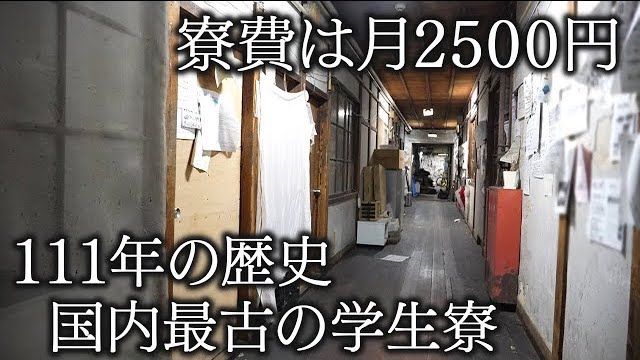Consumer groups and farmers in Japan fear the repercussions of the Trans-Pacific Partnership trade agreement, which is quickly moving forward on the heels of Prime Minister Shinzo Abe’s conference of the other 10 nations (including Australia, Canada, Malaysia, New Zealand, Singapore and Vietnam) now involved in talks.
Japan is calling for a possible signing in March after working diligently to lead the agreement forward even after President Donald Trump withdrew the United States, sending the trade pact negotiations into chaos. Japanese citizens' groups and farmers, though, are concerned that the agreement may weaken some of Japan's existing laws regarding genetically modified organisms (GMOs), as well as open Japan's domestic agriculture sector to competition from large multinational firms.
Citizen campaigns against GMOS
The story of GMOs in Japan is one that has been largely advanced through citizens and consumer campaigns. Topping the list of groups working on the issue is the Citizens Union of Japan (CUJ), which has been actively advocating for GMO labeling since the early 1990s, after the Japanese government approved the domestic sale of imported genetically modified soybeans, corn and other grains. CUJ started the campaign to demand mandatory labeling, and members of CUJ created an organization committed solely to the GMO issue, called the Non-GMO campaign.
Along with the CUJ, the Non-GMO campaign has the goal of a GMO-free Japan and like the CUJ opposes Japan's move to advance the TPP. Public aversion to GMOs around the world, along with the high percentage of imported foods in Japan's domestic market, reached a water mark in 1998 when rainbow papaya became available in Japan. When Japanese consumers became aware that the papaya was genetically altered, citizens' groups protested and the public and media led an outcry against the genetically modified fruit.
The Japanese government responded to these concerns by creating its own regime that controls and monitors Japan's imported food. The system works; in September 2000, for example, Japan's inspectors detected StarLink corn in a U.S. shipment bound for use as food. The detection of the GMO corn, which was not even approved as animal feed in Japan ( although it was authorized for such use in the U.S.), caused a nationwide recall of more than 300 corn-based foods.
It is this very set of laws that consumer groups feel are in jeopardy, as Japan scrapped its 1952 Seed Law, which was the legal foundation for Japan's agricultural experiment stations, in advance of TPP negotiations last fall. These stations create budget requests for prefectural governments' seed expenses. The experiment stations name seeds that are recommended to local farmers and make budget requests to assist with production costs of the seeds, which are then sold to farmers at a cheaper cost. The seeds have all been grown domestically until now, but the abolishment of the law means that private companies may produce and sell seeds that come from outside of Japan.
Moreover, some commentators argue that seeds are likely to become more expensive as the abolishment of the Seed Law undermines the budget requests that experiment stations create on behalf of prefectural governments.










